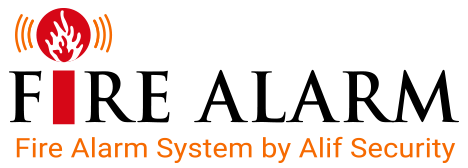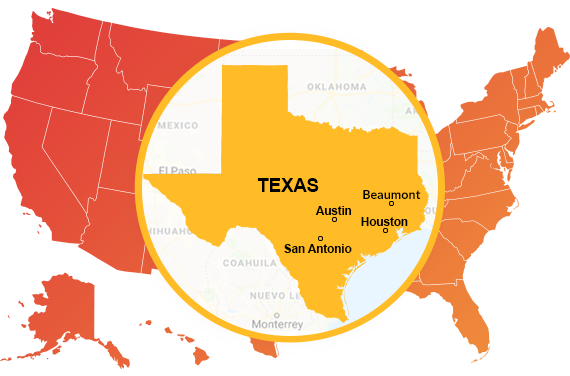Common Industrial Fire Hazards & How to prevent them
Every year, fires and unintentional explosions kill and injure workers while causing billions of dollars in property and property damage. Here are some things you may take to save your company from falling under.
While each business has its own set of fire hazards, there are several common issues that might result in a fire or explosion in any industrial complex or manufacturing facility.Some of the most prevalent industrial fire and explosion hazards are as follows:
- Hot work: Often unrecognized and very dangerous, combustible dust is the main cause of fires
- Burning dust: Damaged or defective cabling and dusty equipment is the cause of many annual fire accidents.
- Liquids and flammable gases: These fires are typically the result of explosions of flammable materials, such as rocket fuel (which produces flammable gases), acrylic acid, and crude oil.
- Electrical hazards: One of the causes of fires in manufacturing plants is electrical fires.
- Machines and equipment: Heating equipment and hot work are often the biggest problems when shooting.
How Can Industrial Fires Be Prevented?
Mentioned all the reasons for the fire in the factory, they are the remedy.
Hot Work
Avoid hot work if possible. It's not always a viable solution, but if there's an alternative, go for it.
- Ensure that the area is free of flammable or combustible materials, including dust, liquids, and gases.
- Work supervision. Especially if you are using outside contractors, make sure that a security professional is available to supervise.
- Wear fire-resistant protective clothing.
- Follow hot work permit orders.
- Weld only where there is a fire-resistant floor or use protective shields.
- Collect slag in a container of water or sand.
- Protect open doors or windows with fireproof curtains
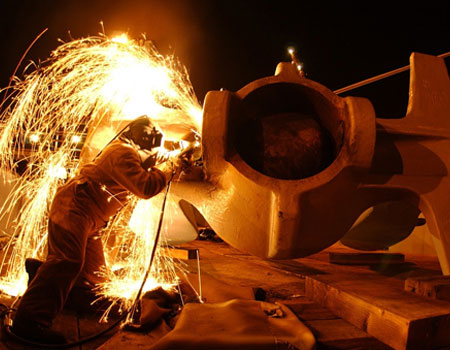
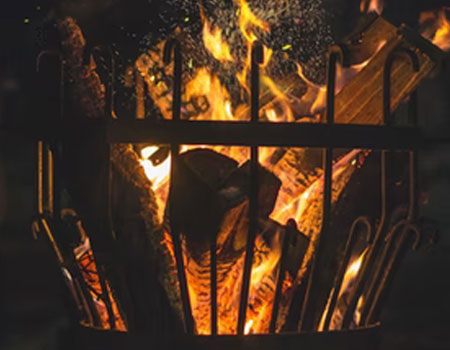
Burning Dust
The main component of combustible dust fires and explosions is the dust itself, so the following items must be removed every day
- worn extension cable
- Exposed wires
- Defective power tools
- Power socket overload
- Oily or dusty electric motors or machines
Although you may not remove dust. If you can remove it completely, you can be sure that it will not accumulate to dangerous levels. Maintain regular and thorough cleaning procedures to reduce dust accumulation.
Electric Hazards
Avoid overloading electrical equipment or circuits, disconnect all equipment when not in use, and use antistatic devices as mandated by NFPA or OSHA.
The following is a partial list of electrical hazards:
- Exposed wiring or wiring that isn't up to code
- Outlets that are overloaded
- Cords for extension
- Circuits that are overloaded
- Discharge of static electricity
Here are a few you can start using right now: to avoid fires caused by electric hazards:
- Make sure electrical equipment and circuits aren't overloaded.
- When temporary equipment isn't in use, make sure it's unplugged.
- Extending extension cables is never a good idea, and they should never be considered permanent solutions.
- If the NFPA or OSHA mandates it, use antistatic equipment.
- Implement a reporting mechanism that allows anyone who sees an electrical fire hazard to report it without fear of repercussions.
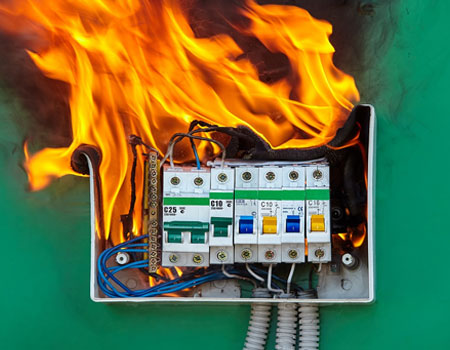
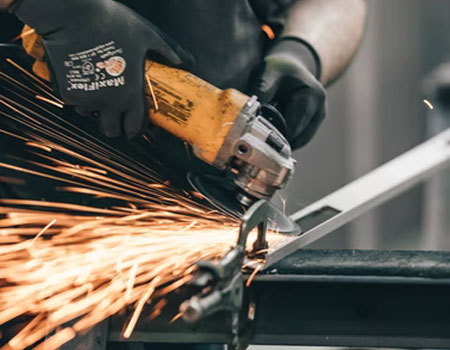
Machines & Equipment
Heaters that aren't properly installed, operated, and maintained, in particular. This type of heated work equipment is usually the source of the most trouble. As a result, all combustible equipment must be removed.
Ending
In terms of fire safety and firefighting, industrial activities are particularly vulnerable. To effectively prevent and respond to fires in industrial environments, all business owners and site managers should have this basic understanding.
- Aldine
- Alvin
- Ames
- Anahuac
- Angleton
- Arcola
- Atascocita
- Austin
- Bacliff
- Bailey Prairie
- Barker
- Barrett
- Bay City
- Bayou Vista
- Baytown
- Beach City
- Beasley
- Beaumont
- Bellaire
- Boling
- Bonney
- Brazoria
- Brazos Country
- Brookshire
- Brookside Village
- Bunker Hill Village
- Cedar Park
- Channelview
- Cinco Ranch
- Clear Lake Shores
- Cleveland
- Cloverleaf
- Clute
- Conroe
- Corsicana
- Cove
- Crosby
- Cumings
- Cut And Shoot
- Cypress
- Damon
- Danbury
- Dayton
- Dayton Lakes
- Deer Park
- Dickinson
- East Bernard
- El Lago
- Fairchilds
- Fifth Street
- Fort Bend
- Four Corners
- Freeport
- Fresno
- Friendswood
- Fulshear
- Galena Park
- Galveston
- Grand Prairie
- Greatwood
- Guy
- Hardin
- Harris
- Hedwig Village
- Hempstead
- Highlands
- Hillcrest
- Hilshire Village
- Hitchcock
- Hockley
- Holiday Lakes
- Houston
- Huffman
- Hufsmith
- Humble
- Hungerford
- Hunters Creek Village
- Huntsville
- Iago
- Iowa Colony
- Jacinto City
- Jamaica Beach
- Jersey Village
- Katy
- Kemah
- Kendleton
- Kenefick
- Kingwood
- La Marque
- La Porte
- Lake Jackson
- League City
- Liberty
- Liverpool
- Livingston
- Lorena
- Magnolia
- Manor
- Manvel
- Meadows Place
- Mission Bend
- Missouri City
- Mont Belvieu
- Montgomery
- Morgans Point
- Nassau Bay
- Navasota
- Needville
- New Territory
- North Cleveland
- North Houston
- Oak Island
- Oak Ridge North
- Old River-Winfree
- Orange
- Orchard
- Panorama Village
- Pasadena
- Pattison
- Patton Village
- Pearland
- Pecan Grove
- Pine Island
- Pinehurst CDP
- Piney Point Village
- Pleak
- Plum Grove
- Port Arthur
- Porter
- Porter Heights
- Prairie View
- Richardson
- Richmond
- Richwood
- Roman Forest
- Rosenberg
- Rosharon
- Sabine Pass
- San Antonio
- San Felipe
- San Leon
- Santa Fe
- Seabrook
- Sealy
- Seguin
- Sheldon
- Shenandoah
- Shoreacres
- Silsbee
- Simonton
- South Houston
- Southside Place
- Splendora
- Spring
- Stafford
- Stagecoach
- Sugar Land
- Taylor Lake Village
- Texas City
- The Woodlands
- Thompsons Alief
- Tiki Island
- Todd Mission
- Tomball
- Waller
- Wallis
- Webster
- West Columbia
- West University Place
- Weston Lakes
- Willis
- Woodbranch
- Woodloch
